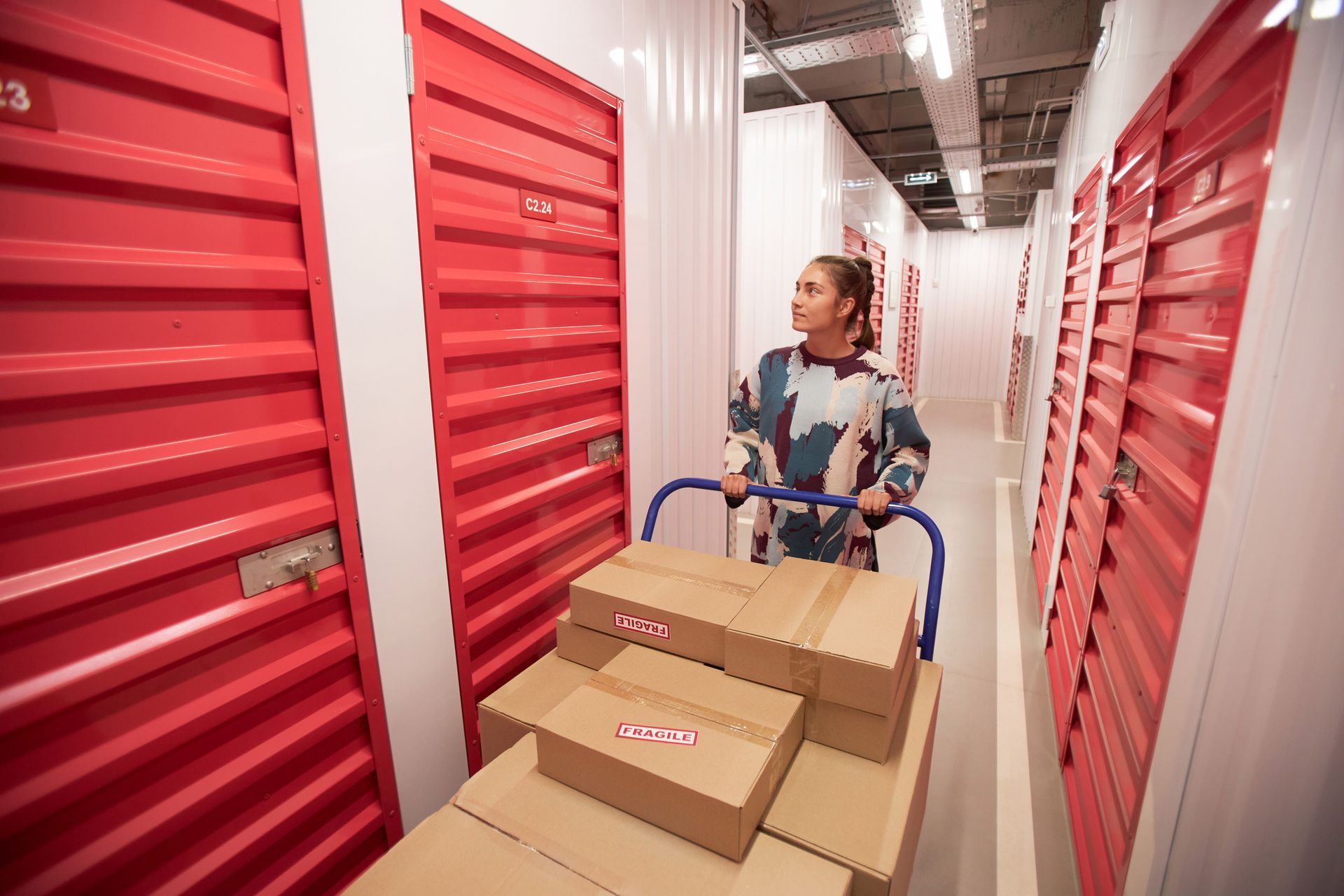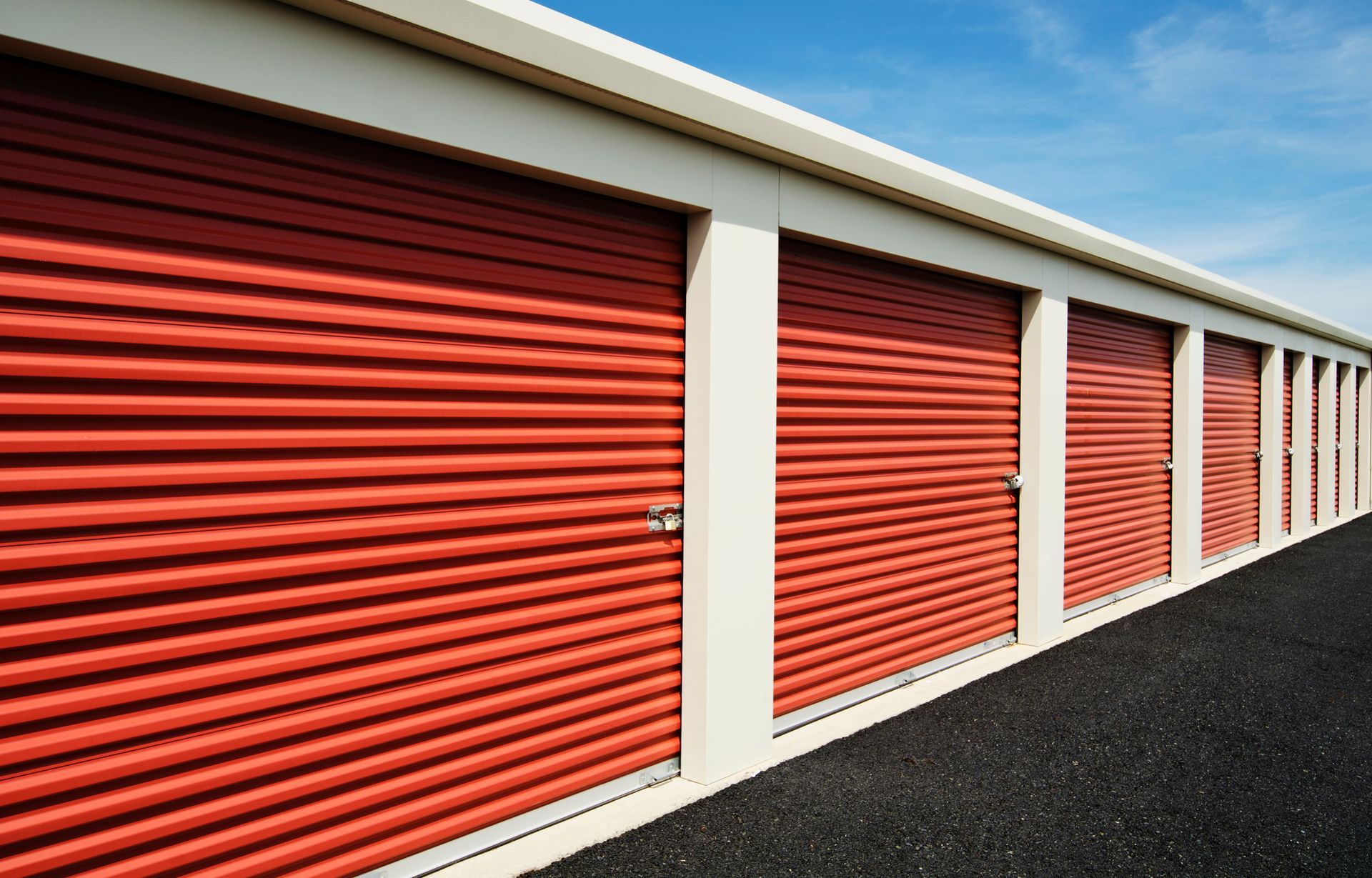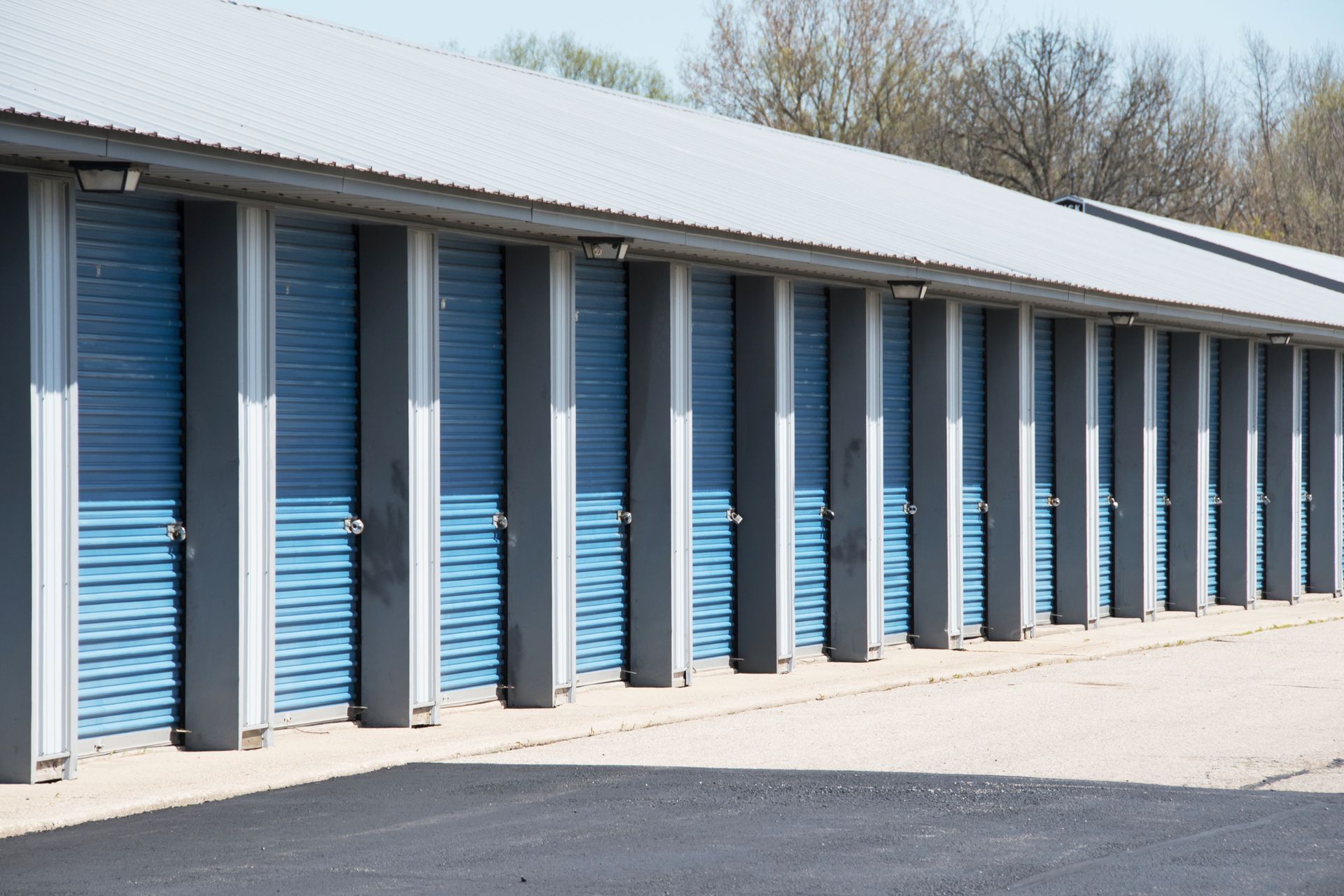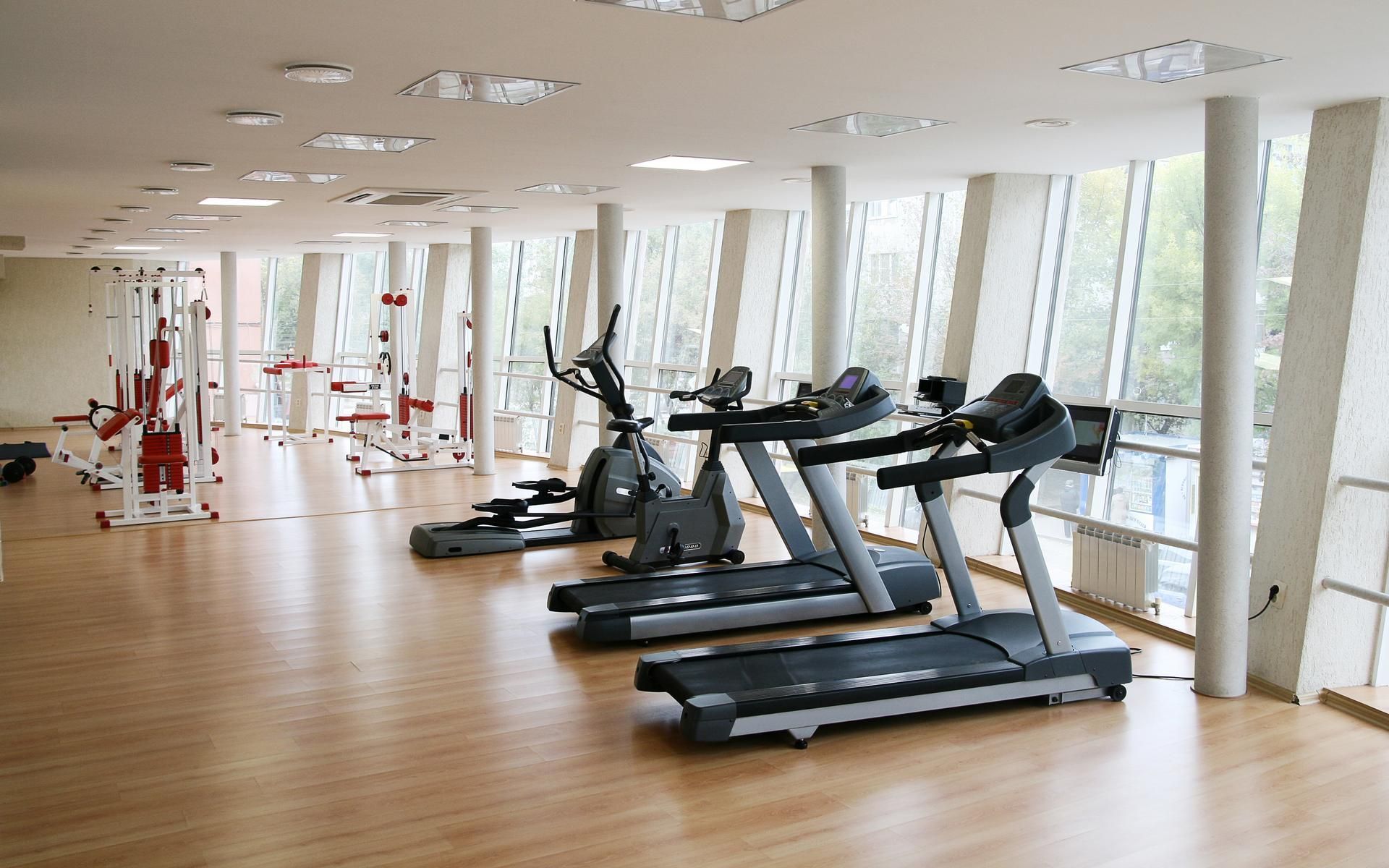Self-Storage Tips for College Students

Many students use self-storage during summer breaks, when they’re in between housing, or to store their extra belongings. Plan and budget for self-storage use to enjoy the maximum benefits at inexpensive rates. Below are some tips to help you achieve those goals.
Rent a Nearby Unit
Rent a self-storage unit near your residence or school. Renting a nearby unit ensures:
- You don't spend too much on transport to store or retrieve your items
- You can access your storage unit on short notice
- You can access your unit at any time of the day
Say you live on campus and don't have a car. Renting a storage unit far from college can cost you a lot in terms of moving costs.
Consider Access Times
Many students don't keep regular hours. For example, you may find yourself studying late into the night, eating at odd hours, and having group discussions in the evenings. Thus, you may need to visit your storage unit at odd hours too. Ensure you can access your storage unit whenever you need to and not only during normal office hours. You can get this assurance by:
- Renting a storage unit in a secure neighborhood
- Renting a storage unit with round-the-clock access
- Renting a nearby storage unit
Talk with the facility manager and assess the facility to confirm the above. For example, the storage facility should have adequate lighting at night if it is accessible then.
Store Only What You Need
Many college students accumulate numerous things with each passing semester. You don't have to store all of those things. Storage facilities charge by square footage. The more you store, the more you pay. Trim your storage items by:
- Donating items you no longer use, such as old books
- Selling items you no longer use, such as old books
- Discarding broken items, such as defective bicycles
Go through your items one by one and separate the ones you shouldn't store before booking a storage unit. Don't pay more to store an item than its value.
Share Storage Units
Share a storage unit with another person, such as a college roommate or friend, if your belongings cannot fill a storage unit. That way, you can share the storage costs. Just make sure that:
- You know the person well, and they won't mess up your stored belongings
- You agree on the sharing formula for the storage space and costs
- You agree on paperwork issues, such as whose name goes on the rental agreement
Find another way to reduce storage costs if you can't find someone trustworthy, such as if you are new in college.
Consider All the Costs
The basic storage cost is the rental cost. Other possible costs include:
- Padlock rental fees
- Late payment fees
- Moving costs
- Round-the-clock access fees
Many college students have to manage with limited budgets. Thus, understand and trim your storage costs as much as possible. Get the facility manager to explain all their potential costs to know what to expect in advance.
Preempt Payment Delays
Take measures to ensure you will not default on your storage fees. Otherwise, you might incur late payment penalties or even lose access to your unit. One option is to pay your storage costs in advance; some facilities may even discount your rates if you take this route. Another option is to arrange for automatic rent payments, especially if you receive money regularly.
Hopefully, you will find an affordable, secure, and convenient self-storage facility for your needs. Don't forget to talk to the facility manager for more information on their facility's features. Tysons Self Storage has multiple storage units with different features.
Contact us for a suitable unit if you need self-storage in Vienna, VA.















